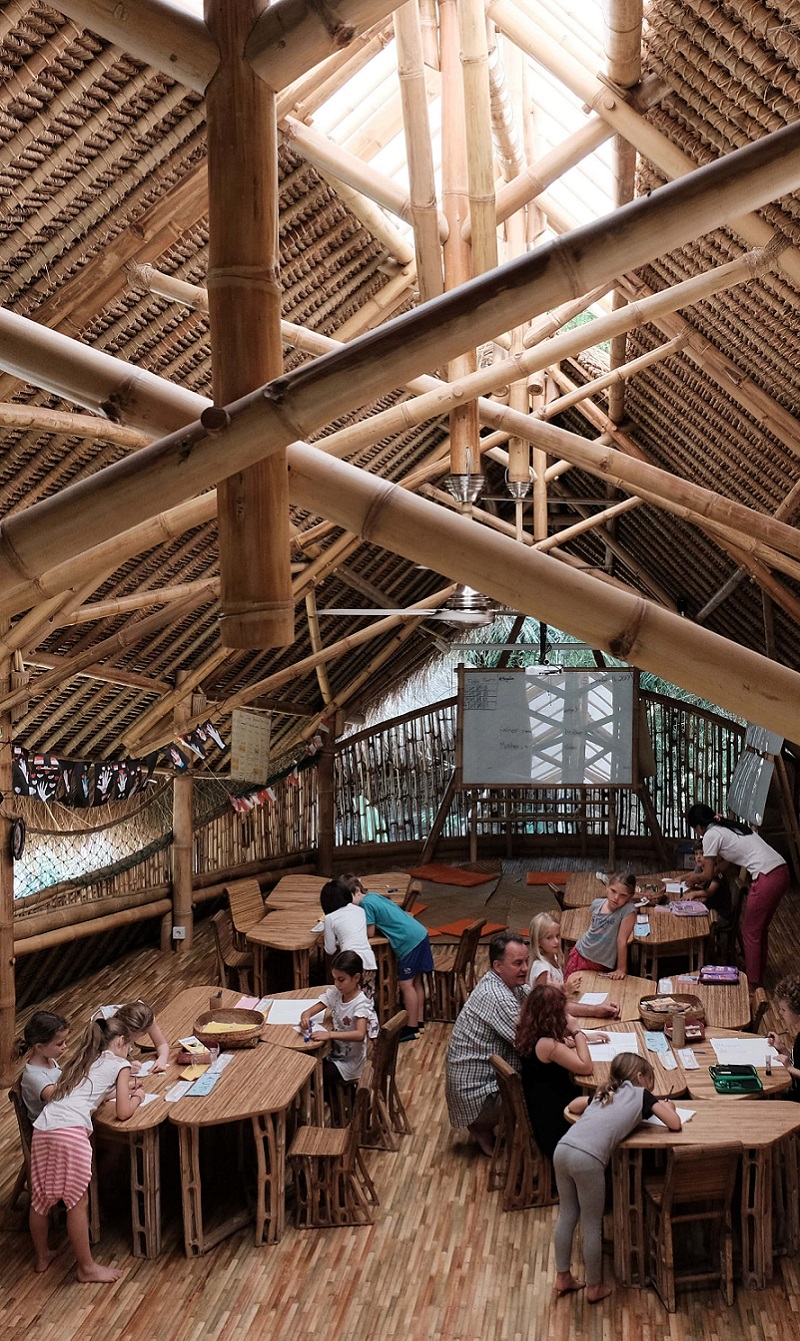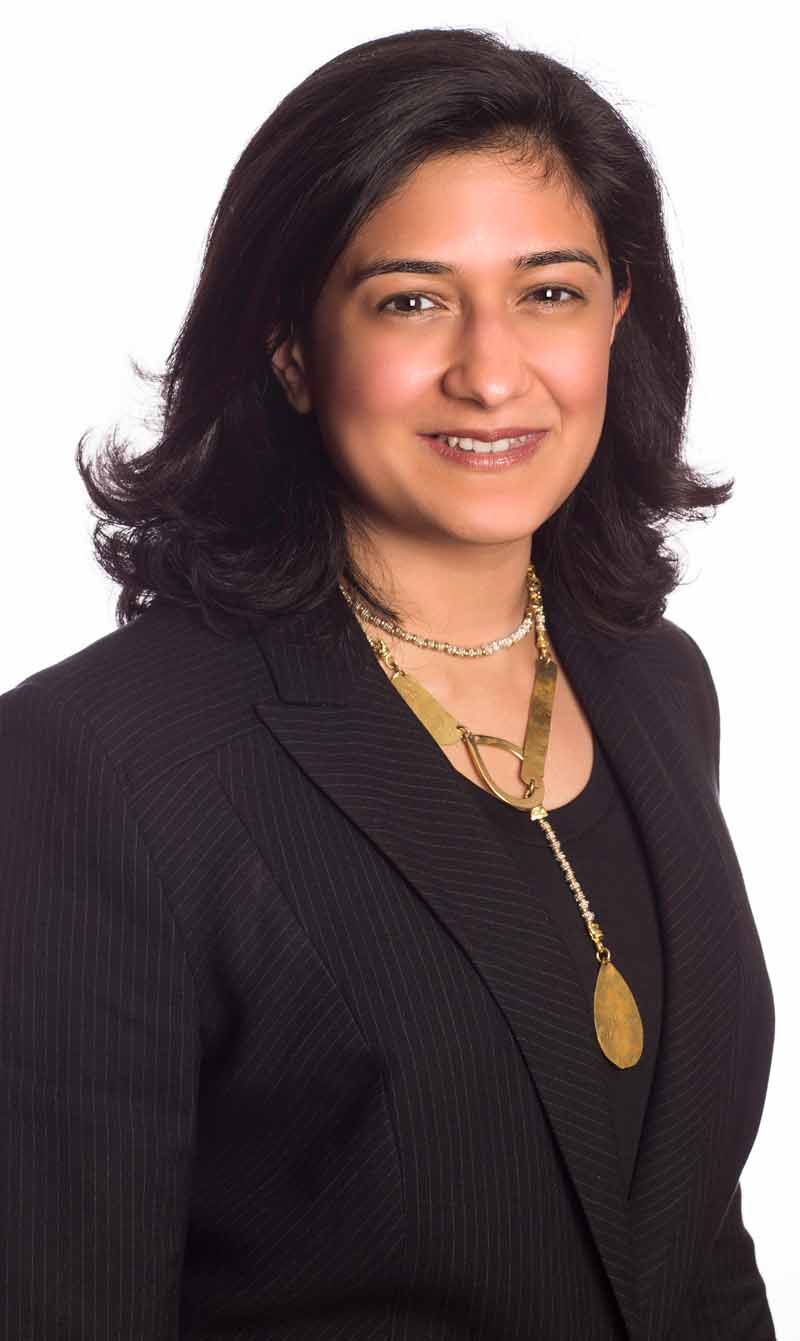A giant leap for all humanity
One small step for a woman, one giant leap for all humanity
In a remote village of Sarawak in Borneo Malaysia, a few women tend to their crops and livestock, while keeping an eagle eye on the children playing by the riverside. Some weave baskets, others mend fishing nets. The women also manage the household, which includes cleaning, cooking, caring for the children and often elderly relatives.
A similar scene will be playing out in villages all around the world, where women play a multitude of roles in their community. They are the labourers, entrepreneurs, traders and caregivers, as well as being wives and mothers.
They do all this to lift their families and communities out of poverty – but they are often unpaid themselves, making them financially dependent on others and unable to enjoy their full rights. ‘Rural women constitute one-fourth of the world’s population. Their contributions are vital to the wellbeing of families, communities and economies,’ said Attiya Nawazish Ali, Assistant Secretary General of the Islamic Chamber of Commerce, Industry and Agriculture (ICCIA), Pakistan.
‘By and large, the rural society is conservative in nature. Culture plays a very important role in determining the role of women. Women’s involvement (in the fields) is only confined to providing physical assistance. All decision-making powers and money matters are in the hands of the menfolk,’ said Attiya.
She added that there are even some societies in which the rural women are confined to the home, as it is unacceptable for them to go out and work. These cultural norms present many challenges for rural women in terms of advancing economically and socially. Not only do rural women suffer in terms of poverty, but so do their families and society as a whole.
This cycle of poverty and oppression will go unbroken unless rural women are given opportunities to be economically empowered. They need to have access to decent employment – which means getting equal wages as men and having their rights protected – and to have their unpaid labour transformed into income-generating activities.
‘We need to educate the rural women, develop their skills, ensure they have healthcare, provide vocational training and mentor them in such a way that with the available resources, they are able to add value,’ said Attiya.
Women need policies and laws that recognise them as employees in their own right. They need institutions that recognise and guarantee their rights to land, as well as access to services. Education is key to ensuring that girls and women can access better employment.
The government also plays a role in creating non-farming employment opportunities for rural women, such as employment in infrastructure works; rural health, education, finance, and insurance services; tourism, shops and restaurants; and the rural industry.
According to Attiya, once women have been given the opportunity to contribute towards the economic wellbeing of the family, they will assume a mentorship role and empower the other women as well. When rural women are lifted out of servitude, their abilities can be harnessed for significant economic contributions.
Attiya also represents Sheikh Saleh Abdullah Kamel, the President of Islamic Chamber of Commerce & Industry (ICCI) in Saudi Arabia, who is a member of WIEF Foundation’s International Advisory Panel, to offer strategic counsel and tactical support to the Foundation.
___________________
Photo credit by Pexels on Pixabay





